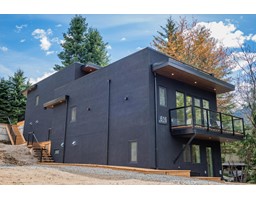About Nelson
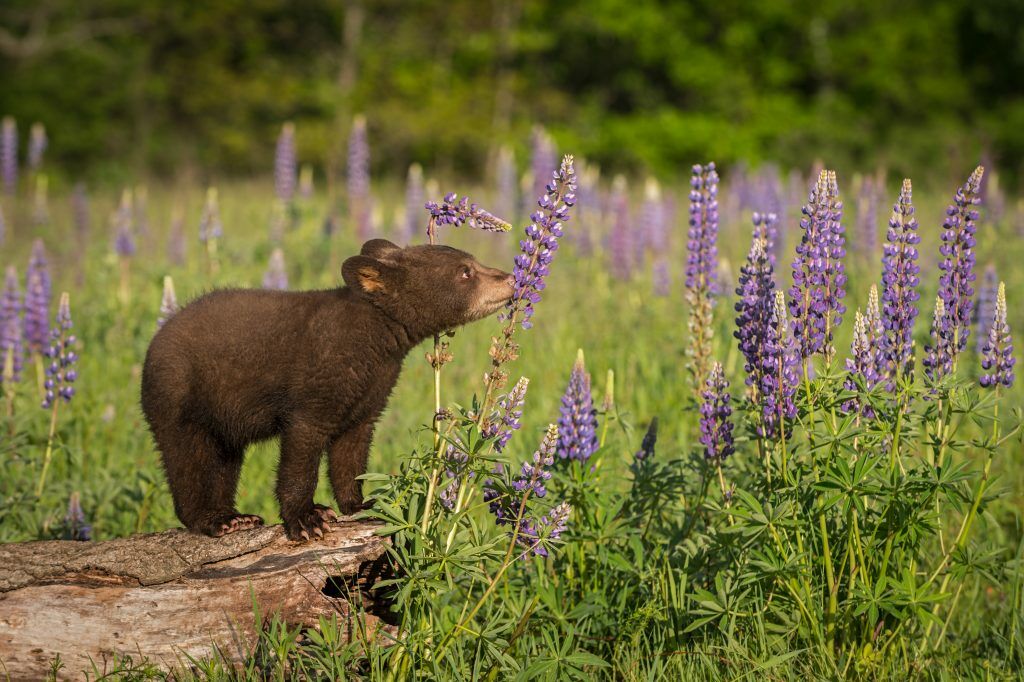
In the Selkirk Mountains on the West Arm of Kootenay Lake in B.C.’s Southern Interior, Nelson is a haven of arts, culture, and winter sports.
Along with Castlegar and Trail, the three cities form the commercial and population core of the West Kootenay region. The region is part of the traditional territories of the Sinixt (or Lakes) and Ktunaxa (Kutenai) peoples.
The city’s growth began in 1867, when prospectors found gold and silver in the area. Boom days followed the discovery of silver at nearby Toad Mountain in 1886, leading to incorporation in 1897. As two railways were built to pass through Nelson, the town became a supplier to the local mining activity and soon became a transportation and distribution centre for the region.
By the 1900s, the local forestry and mining industries were well established. English immigrants planted lakeside orchards, and Doukhobors, sponsored by the Russian author Leo Tolstoy and the Quakers, tilled the valley benchlands. During the Vietnam War, many American draft evaders settled in Nelson and the surrounding area.
Nelson's mountainous geography kept growth confined to the narrow valley bottom, except for certain hillside structures such as the local high school and the former Notre Dame University College (NDU) campus.
In the early 1980s, Nelson suffered a devastating economic downturn when the local Kootenay Forest Products sawmill shut down. To save downtown and its commercial thoroughfare Baker Street from blight, Nelson stripped aluminum facades from the buildings and restored them. In 1986 Steve Martin produced his film Roxanne in the city, using the local fire hall as a primary set and many historic locations for others. Today, the duly-named Heritage City is known for its heritage downtown and 300-plus restored homes, businesses and churches.
The transformation of downtown marked the beginning of Nelson’s transition from a resource-based town to an arts and tourism town. This transformation was aided and abetted by money generated by an increasingly profitable cash crop, marijuana. A walk down Baker Street through the Historic District is now one of Nelson’s promoted visitor activities.
Thanks to a temperate climate, locals and visitors can enjoy world-class skiing in the winter and golfing, hiking, and mountain-biking in the summer without facing extremes of temperature.
As with many B.C. communities, Nelson has experienced a real-estate boom. In the early 2000s, real-estate prices skyrocketed, putting ownership out of reach for less affluent residents. As of 2016, the median price of a house in Nelson was 469,450.
Demographics
Nelson has a growing population of 10,600; Greater Nelson encompasses18,000.
Schools
Schools in the area include a French-language school, école des Sentiers-alpins, operated by Conseil scolaire francophone de la Colombie-Britannique.
Kootenay Columbia College of Integrative Health Sciences has three campus locations on Baker Street.
Parks, Sports & Recreation
In the winter, skiing and snowboarding are Nelson's primary outdoor activities. Thirty minutes south of town is the Whitewater Ski Resort, which provides access to 396 vertical metres (1,299 ft) of beginner to advanced terrain. In 2012 Nelson and Rossland, a small city southwest of Nelson, were jointly voted the best ski locales in North America by the readers of California-based Powder magazine.
Mountain biking is part of the local culture, and Nelson offers a variety of trails for all experience levels.
Hikers enjoy Pulpit Rock Trail, a short but somewhat challenging hike that ends with a view of the city. For more advanced hikers, the trail continues up the spine of Elephant Mountain (as the locals call it) to more postcard views.
Arts, Culture & Entertainment
Nelson has earned a reputation as a cultural centre. The annual Artwalk displays work by local artists at various venues around town. The downtown area is packed with restaurants, cafes, coffee houses, local shops, small art galleries, the restored Capitol Theatre (a regional hub for the performing arts) and impromptu theatre venues. A number of writers also make their homes in Nelson.
The Cottonwood Community Market, located at Cottonwood Falls Park, takes place every Saturday from May through October. Baker Street hosts a downtown market every Wednesday from June through September. Marketfest, a nighttime street market in the heart of Nelson's downtown, occurs on the last Friday of the month in June, July, and August. The markets offer regional farm produce and a variety of locally hand-crafted products.
The city is about 45 minutes away from the site of the annual Shambhala Music Festival, an internationally known music festival held in August at the Salmo River Ranch.
The city and surrounding rural communities offer numerous spas, hot spring resorts, a zipline, whitewater rafting. A new community recreation complex in Nelson encompasses pools, a sauna, a steam room and a fitness centre, along with numerous practitioners in massage therapy, yoga, acupuncture and alternative health sciences.
Dining
Nelson has remained relatively free of chain stores, franchises and strip-mall developments. There are more than 50 restaurants and cafes in the city, many with outdoor seasonal patios to add to a cosmopolitan feel.
Shopping
Nelson has several retail outlets for natural foods, including a year-round market specializing in these products. The region’s most famous micro-brewery is the Nelson Brewing Company.
Nelson Real Estate Listings
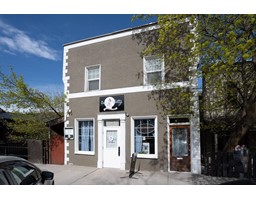
709 VERNON STREET, Nelson
$789,000MLS® 2476232
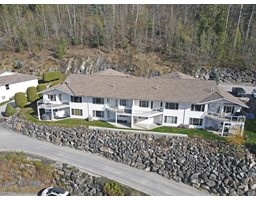
39 - 1220 MILL STREET, Nelson
$744,900MLS® 2476208
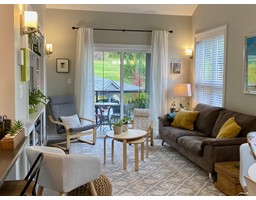
202 - 2000 CHOQUETTE AVENUE, Nelson
$615,000MLS® 2476197
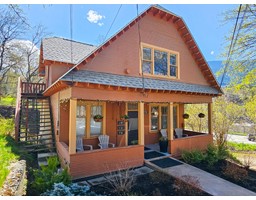
220 SILICA STREET, Nelson
$779,000MLS® 2476163
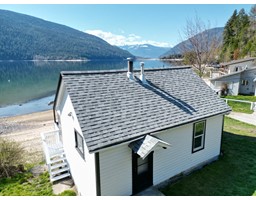
3230 HIGHWAY 3A, Nelson
$699,900MLS® 2476124
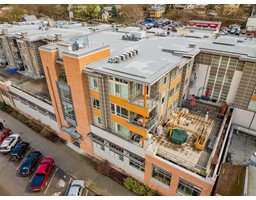
317 - 710 VERNON STREET, Nelson
$769,000MLS® 2476152
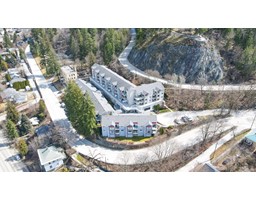
15 - 38 HIGH STREET, Nelson
$449,900MLS® 2476119
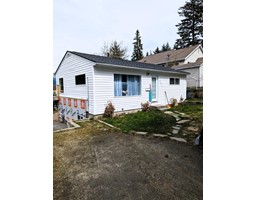
1011 GORDON STREET, Nelson
$539,000MLS® 2476092
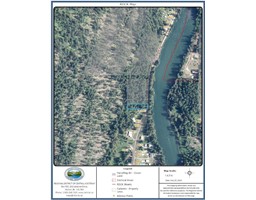
Lot 13 SLOCAN WEST ROAD, Nelson
$170,000MLS® 2476091
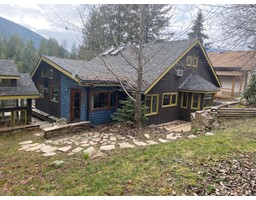
1910 CREEK STREET, Nelson
$780,000MLS® 2476059
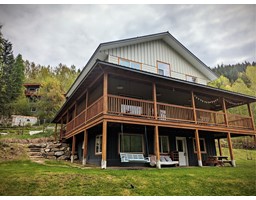
1308 MOUNTAIN STATION ROAD, Nelson
$1,427,000MLS® 2476016
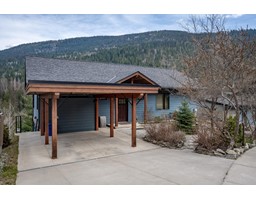
2430 PERRIER LANE, Nelson
$1,149,000MLS® 2475979
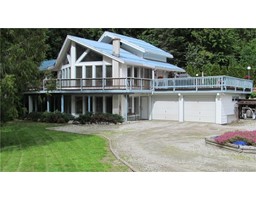
3433 HIGHWAY 6, Nelson
$1,389,000MLS® 2475968
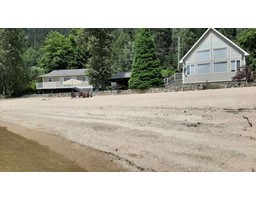
3268 HIGHWAY 3A, Nelson
$1,370,000MLS® 2475969
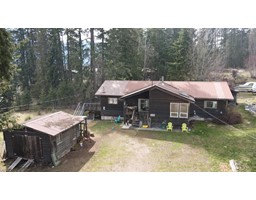
325 BEGGS ROAD, Nelson
$534,900MLS® 2475964
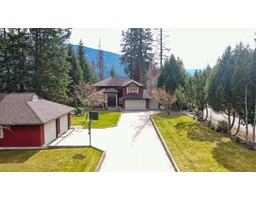
3071 HEDDLE ROAD, Nelson
$1,389,900MLS® 2475915
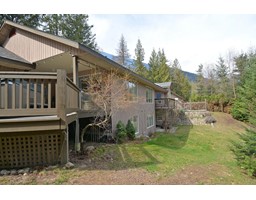
2286 ANNABLE ROAD, Nelson
$920,000MLS® 2475912
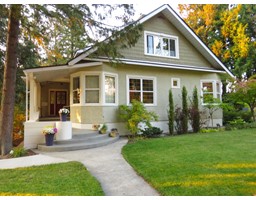
303 Silica SILICA STREET, Nelson
$1,449,000MLS® 2475911
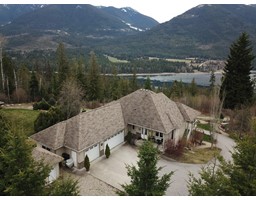
6817 GRANDVIEW DRIVE, Nelson
$940,000MLS® 2475899
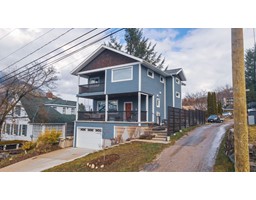
1007 JOSEPHINE STREET, Nelson
$1,050,000MLS® 2475855
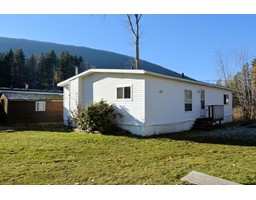
22 - 1000 INNES STREET W, Nelson
$259,000MLS® 2475842
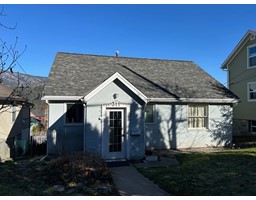
311 GORE STREET, Nelson
$769,000MLS® 2475832
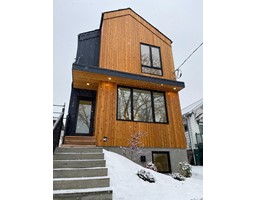
A - 516 ROBSON STREET, Nelson
$828,000MLS® 2475825
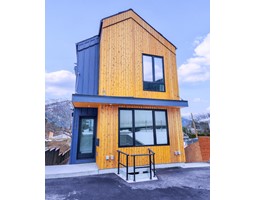
B - 516 ROBSON STREET, Nelson
$818,000MLS® 2475826
